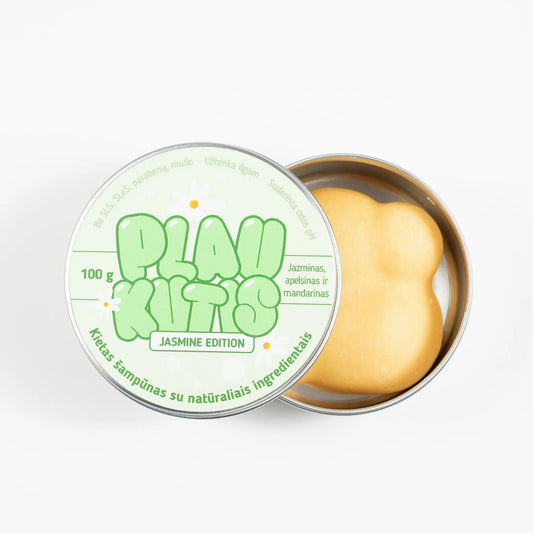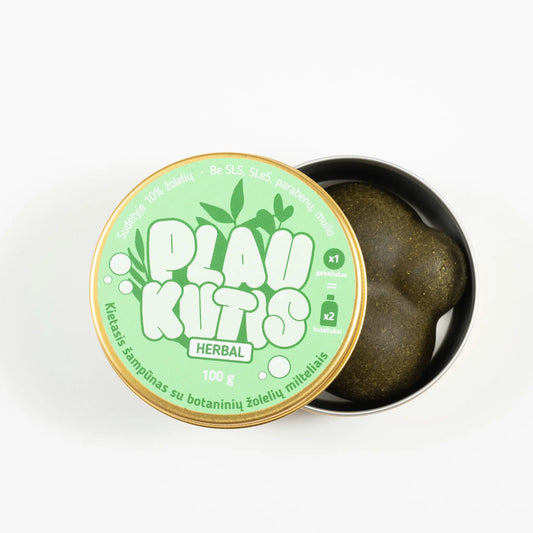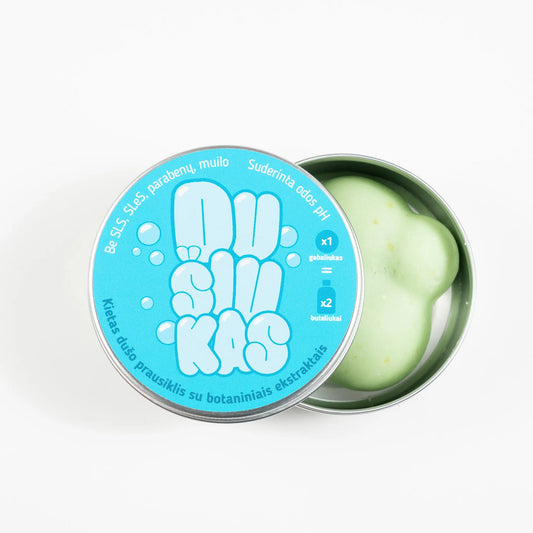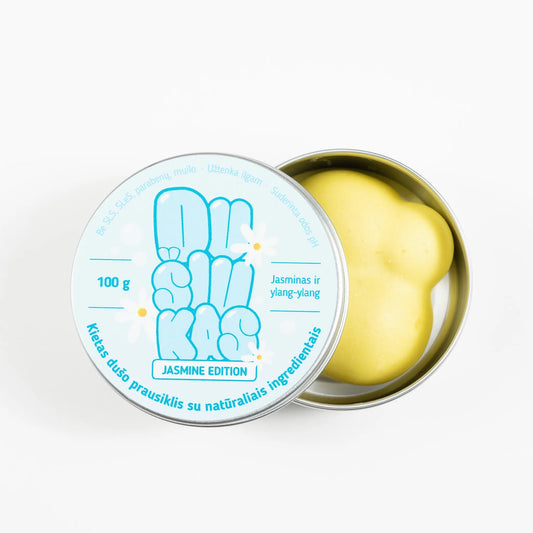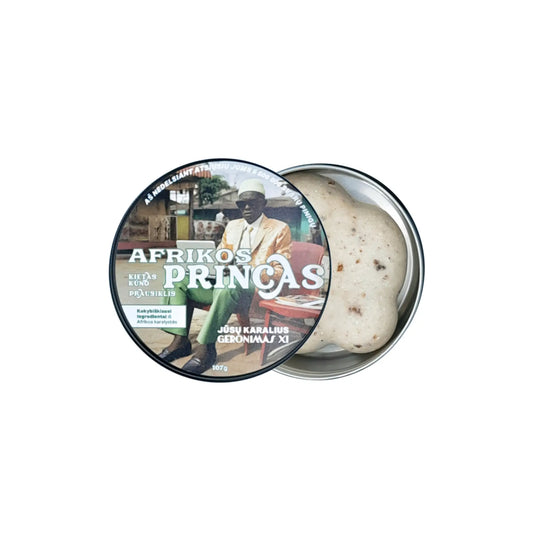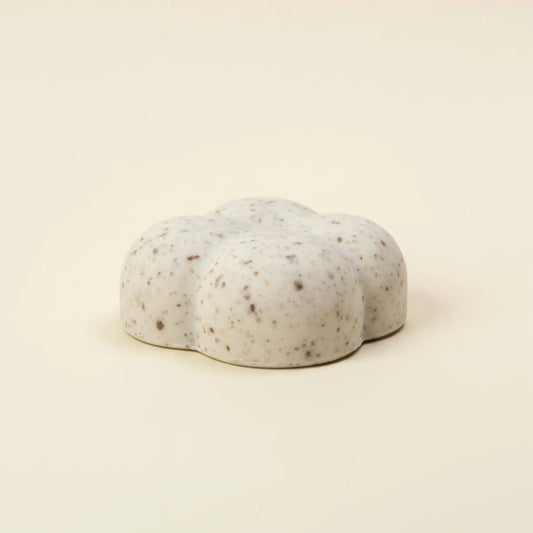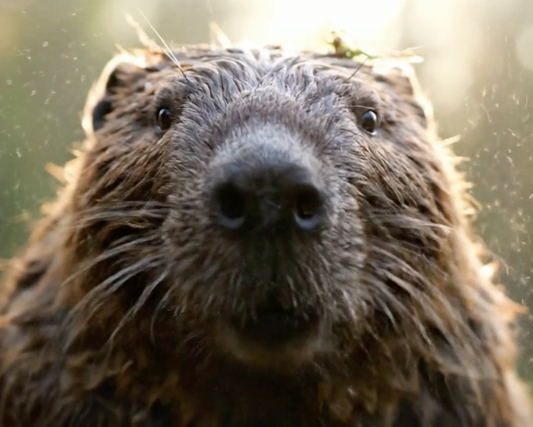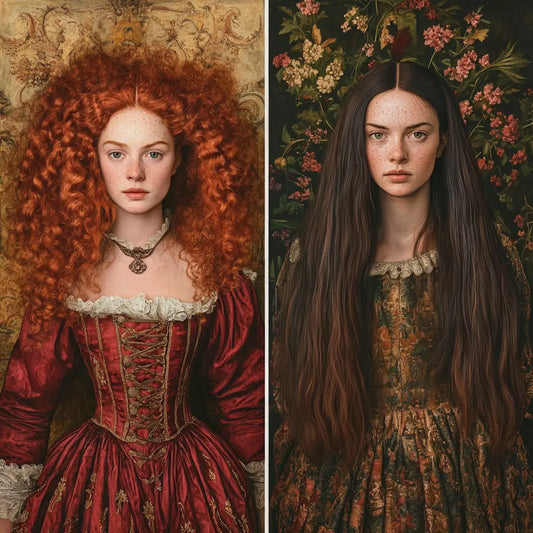How to make your hair stronger and shinier? The secret may lie in your diet. Protein is crucial for hair health because it makes up the main building block of hair, keratin. If you don't get enough protein, your hair can become weak, dull, and prone to breakage.
Luckily, there are plenty of protein-rich foods that can give your hair the boost it needs. Both animal and plant-based proteins can help support healthy hair growth. Let's take a look at these protein sources, including some unexpected ones, and see how they can nourish your hair.

Protein sources: animal vs. plant proteins
Animal proteins
Animal foods are one of the richest sources of protein. They contain all the essential amino acids that the body needs to produce keratin. Here are some of the main sources of animal protein:
- Meat: Lean meats like chicken, turkey, and beef are great sources of complete protein. They provide amino acids that help strengthen hair and support its growth. However, it's important to choose lean cuts to avoid excess fat and cholesterol.
- Fish: Fish like salmon, tuna, and mackerel are high in protein and omega-3 fatty acids. Omega-3s support a healthy scalp and add shine to your hair. Choose fatty fish a couple of times a week to naturally strengthen your hair.
- Eggs: Eggs are a source of protein and biotin, both of which are essential for healthy hair. One large egg contains about 6 grams of high-quality protein, which helps maintain hair strength and prevent breakage.
- Dairy: Milk, yogurt, and cheese are high in protein, as well as calcium and vitamin D. These nutrients help hair grow and maintain a healthy scalp. Choose low-fat or skim dairy products if you're concerned about cholesterol.
Benefits: Animal proteins are “complete” proteins. This means they contain all nine essential amino acids that your body cannot produce on its own. These amino acids are necessary for the production of keratin, which strengthens hair.
Potential downsides: Animal protein can be high in saturated fat and cholesterol. Too much of high-fat meat and dairy can affect heart health. Choose lean meats and low-fat dairy products to balance your diet.

Plant proteins
If you're vegetarian, vegan, or just looking to diversify your diet, plant-based protein is great for hair health. While most plant-based proteins are "incomplete," meaning they don't contain all the essential amino acids, combining different sources can provide a complete protein profile.
- Beans and lentils: These legumes are full of protein, fiber, and iron. Iron is essential for carrying oxygen to hair follicles, which helps promote healthy hair growth. Combine beans with grains like rice for a complete protein.
- Tofu and tempeh: Made from soybeans, tofu and tempeh are great sources of plant-based protein. They contain amino acids that promote keratin production. They can also be used in a variety of ways, such as adding them to stews, salads, or soups.
- Quinoa: This is a rare complete plant protein that contains all the essential amino acids. It is rich in iron and zinc, both of which are essential for hair growth. Add quinoa to salads, use as a rice substitute, or stir into soups.
- Nuts and seeds: Almonds, walnuts, chia seeds, and hemp seeds are high in protein and omega-3 fatty acids. Omega-3s not only moisturize your scalp, but also add shine to your hair. Snack on nuts or sprinkle seeds on yogurt to boost your protein intake.
How plant-based proteins support hair: When consumed in a variety of plant-based protein sources, they can provide all the amino acids needed for keratin synthesis. For example, eating beans with rice or whole grain bread with nut butter creates a complete protein.
Animal and plant proteins: advantages and disadvantages
- Animal proteins: These are complete proteins, containing all the essential amino acids. They are easily absorbed, so the body can use them efficiently. However, they can also be high in saturated fat and cholesterol.
- Plant-based proteins: Although often considered “incomplete,” plant-based proteins tend to be lower in fat and cholesterol. They also provide fiber, vitamins, and minerals that support overall health. However, you may need to consume more plant-based proteins to get the same benefits as animal-based proteins.

Unexpected sources of protein and their benefits for hair
Algae (spirulina, chlorella)
Algae like spirulina and chlorella are unexpected but highly nutritious sources of protein. These superfoods contain high concentrations of amino acids, including those essential for keratin production.
- Benefits: Spirulina is rich in vitamins A, B, and E, which help maintain healthy hair. It's also rich in iron, which supports oxygen transport to hair follicles. A tablespoon of spirulina powder has about 4 grams of protein, making it great for adding to smoothies.
- How to use: Add spirulina powder to juices, smoothies, or soups for a light protein supplement.
Insects (crickets, mealybugs)
Insects are a new, sustainable source of protein. They are rich in protein and contain all the essential amino acids needed for healthy hair.
- Benefits: Cricket powder, for example, is about 65% protein. It also contains iron, magnesium, and B vitamins, which support a healthy scalp. These elements promote hair growth and help maintain hair strength.
- Cultural aspects: While eating insects is common in some cultures, it may seem unusual in others. For those who are open to innovation, cricket powder can be added to smoothies, protein bars, or baked goods.
Other unexpected sources of protein
- Edamame: These young soybeans are high in protein, fiber, and folate. Folate supports healthy cell growth, including hair follicle cells.
- Hemp seeds: 3 tablespoons of hemp seeds contain about 10 grams of protein. They are also rich in omega-3 fatty acids, which promote scalp health.
- Nutritional yeast: This salty-tasting cereal is a complete protein. It’s packed with B vitamins, which are essential for hair growth and shine. Sprinkle it on popcorn or pasta for a delicious, hair-healthy snack.
Practical tips: how to include more protein in your diet for healthy hair
Meal ideas
- For carnivores: Grilled chicken with Bolivian pigeon and broccoli garnish. Sprinkle with nuts for a protein boost.
- For vegetarians: bean and lentil salad with scallions and avocado. Drizzle with olive oil and lemon for extra nutrients.
- For vegans: tofu with vegetables and brown rice. Add a tablespoon of hemp seeds for an omega-3 boost.
Combining grains and legumes, such as rice and beans, creates a complete protein profile that supports hair health.
Snack tips
- Keep protein-rich snacks on hand, such as:
- Greek yogurt with chia seeds.
- Hummus with vegetables.
- A handful of roasted chickpeas or nuts.
Supplements
- Consider protein supplements, such as shakes or powders, if you have trouble getting enough protein from your diet. Choose plant-based or whey protein powders, depending on your dietary preferences. Always check for added sugars and additives.
Cooking methods
- To preserve the nutritional value of protein-rich foods, choose steaming, baking, or boiling. Avoid frying in oil, which can reduce protein quality and add unnecessary fat.
Conclusion
A balanced diet that includes a variety of protein sources can greatly improve hair health. Both animal and plant-based proteins provide the essential amino acids needed for keratin production. Don’t be afraid to try new, unexpected protein sources, such as algae or even insects. They can provide unique nutrients that are beneficial to your hair and overall health.
Remember, the strength and shine of your hair starts from within. Add more protein to your diet and you’ll probably notice a difference in your hair’s vitality. Do you have a favorite protein-rich meal or snack? Share it in the comments and let’s inspire each other to have healthier, more beautiful hair!
